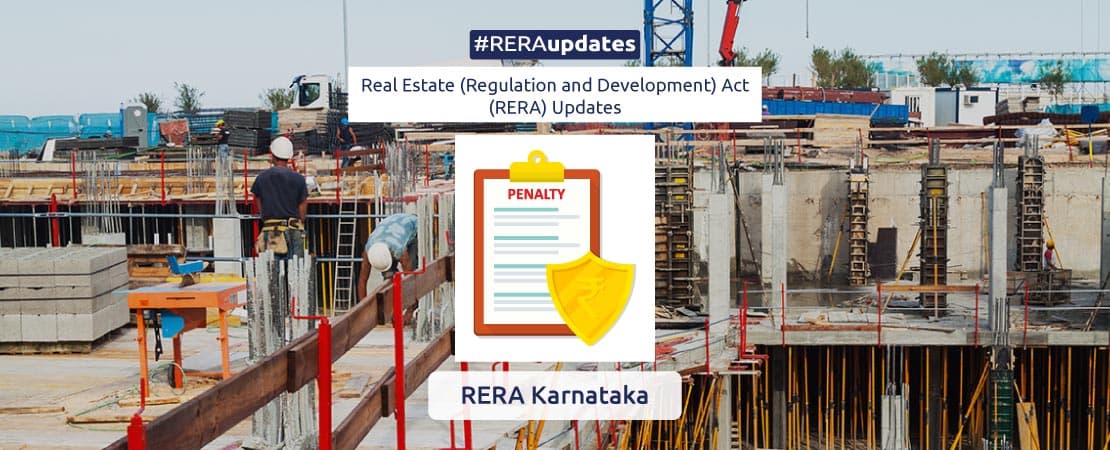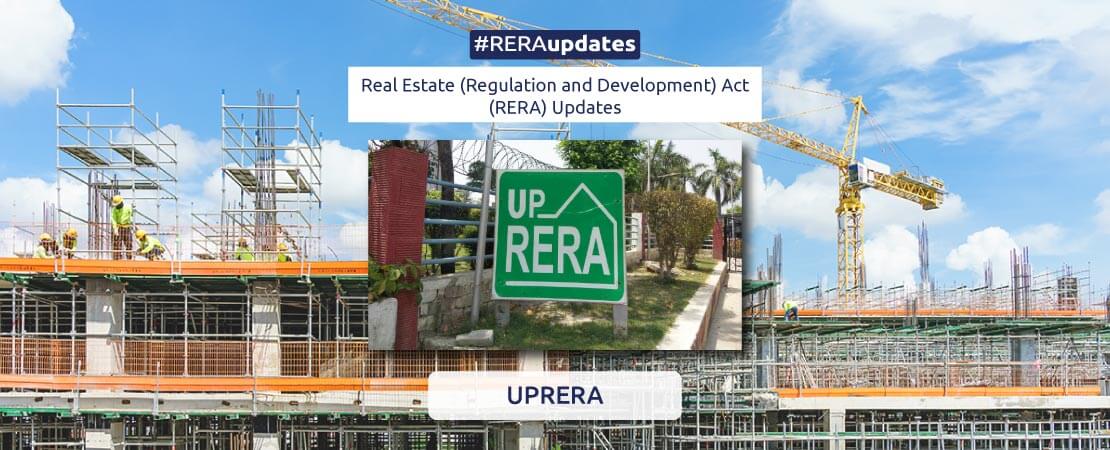Lucknow
After its intervention to restart a stalled housing project in Noida, the Uttar Pradesh Real Estate Regulatory Authority (UPRERA) is now contemplating to help resume operations of other stalled projects in the state.
The UPRERA decided to step in after successful restart of the Jaypee Kalypso Court (Phase-II) project which restarted construction work at the site after a wait of nine years, on September 19 as UPRERA facilitated conciliation between the promoter and the allottees.
As per the UPRERA sources, NCR region has witnessed many projects slipping into a limbo making it miserable for the buyers who end up making a huge investment for a house of their own but the projects get delayed as the builders often fail to fulfil commitments made to homebuyers.
According to Rajive Kumar, chairman, UPRERA has been successful in resolving the dispute and restart a stalled project. “Jaypee Kalypso Court project of Jaiprakash Associates Limited has been the first such project that UPRERA had taken up for revival and now the promoter has commenced construction work on the project” added Kumar.
Not only NCR, but the regulatory authority is planning to extend this approach to various other districts also in the state where projects are stalled either due to an impasse between the promoter and the homebuyers or the completion date, as declared by the promoter, has lapsed, including the one-year extension permissible under Section 6 of the RERA Act.
In Lucknow, several housing projects of private developers are stuck for several years. Allottees in the state capital want RERA to intervene to restart these pending projects.
According to RERA officials, based on the audit done by consultant Currie & Brown, it has come to light that around 40 stalled projects in Gautam Buddha Nagar district could restart with the intervention and following conciliatory tactic between the promoter and the buyer. This approach is ideally suited to such projects where the promoter is keen to complete the project but unable to do so either due to expiry of registration of the project with UPRERA or due to differences with allottees.










